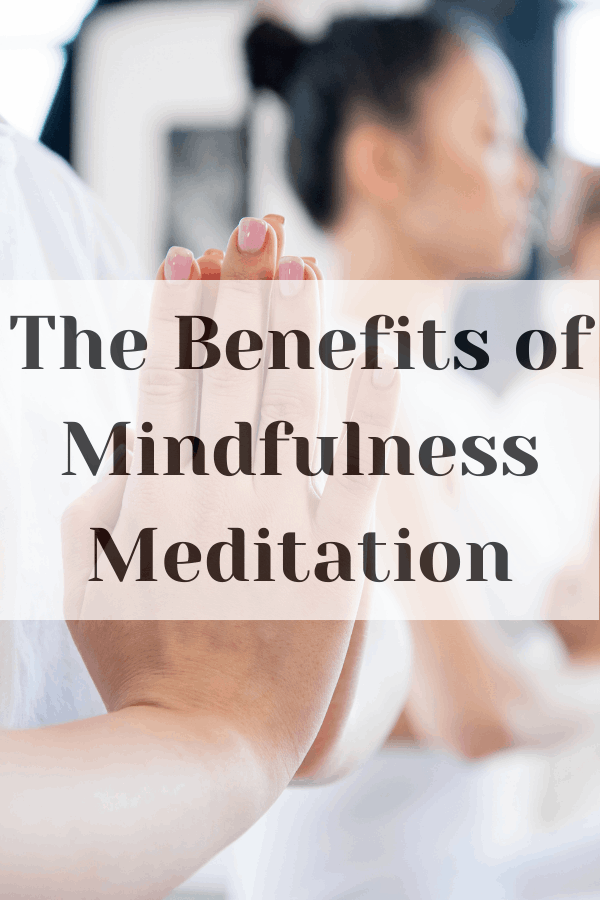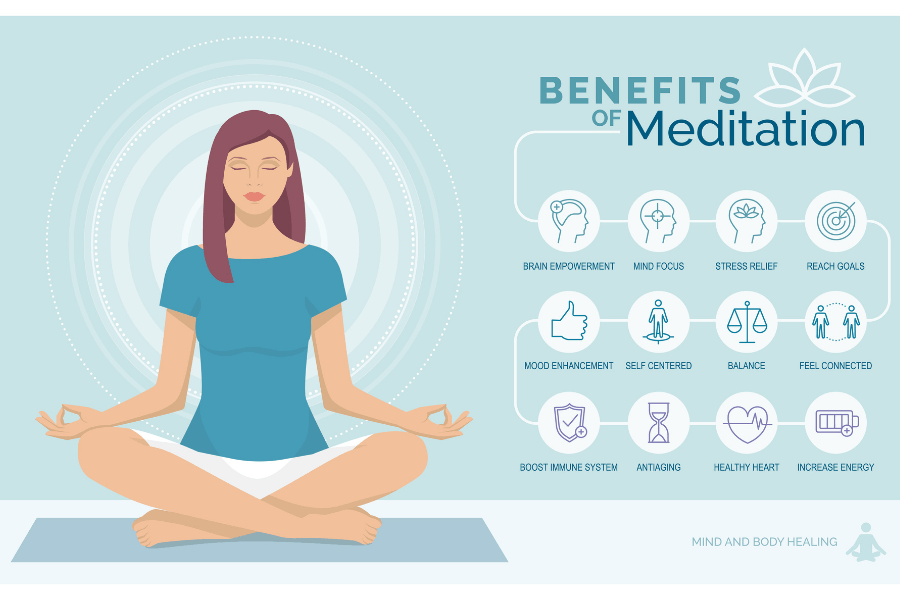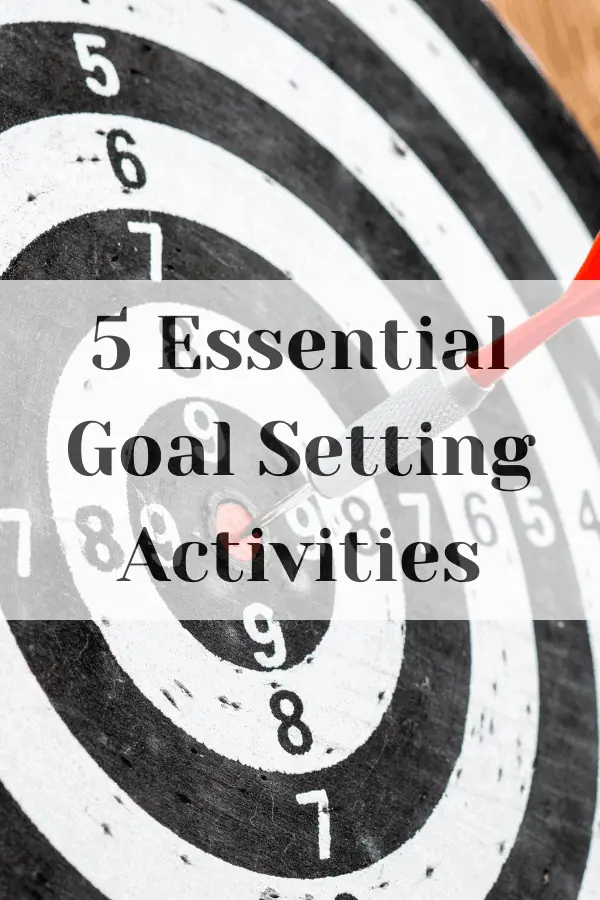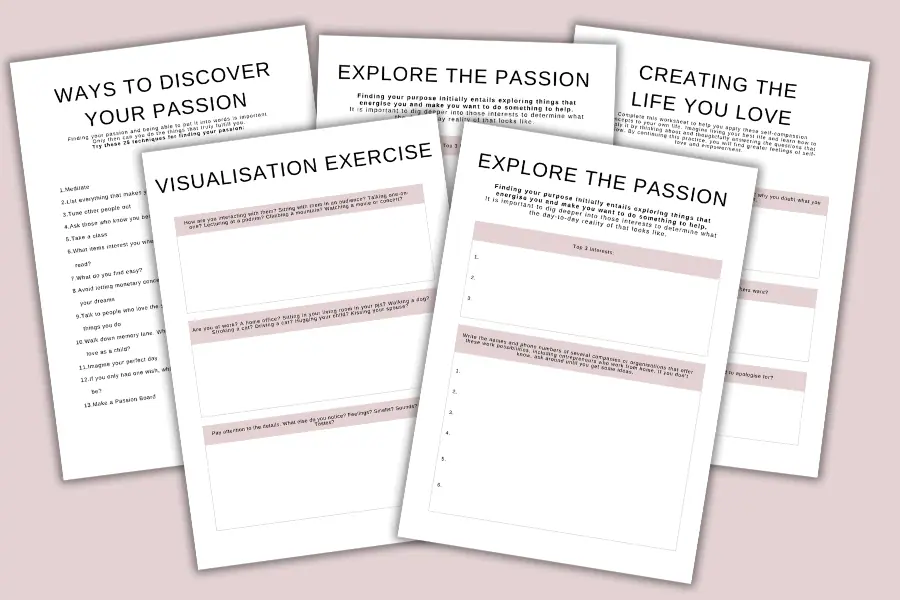The Benefits of Mindfulness Meditation

The benefits of mindfulness meditation can help you regulate your emotions and calm your mind.
Read on if you want to learn how to be present and take notice of your thoughts and feelings in a quiet setting.

What is Mindful Meditation and How Does it Work?
Mindfulness meditation is a type of meditation that’s all about being present in the moment, without judgment. It can help you reduce stress, improve focus, and increase overall well-being.
When you practice mindfulness meditation, you sit quietly and focus your attention on your breath a sound or sensation. When your mind wanders, as it inevitably will, you simply notice the thought without judgment and bring your attention back to your anchor.
The practice of mindfulness meditation has been around for centuries, but it’s become more popular in recent years as people look for ways to manage stress and improve their mental health. It’s backed by scientific research, which shows that it can have a number of positive effects on the brain and body.
The benefits of mindfulness meditation are numerous and can include things like reduced anxiety, improved sleep, and increased feelings of happiness and well-being. So if you’re looking for a way to improve your mental health and find more peace and happiness in your life, mindfulness meditation might be just what you need!
How to Start Practising Mindfulness Meditation
How to start practising mindfulness meditation:
Find a quiet and comfortable place to sit
It’s important to find a place where you can sit quietly without distractions. This could be a dedicated meditation space or just a quiet corner of your home.
Set a timer for 5-10 minutes
Start with a short amount of time so you don’t feel overwhelmed. As you get more comfortable with the practice, you can gradually increase the amount of time.
Sit comfortably
Find a comfortable seated position, either on the floor or in a chair. You can sit with your legs crossed or with your feet on the ground, whatever feels best for you.
Close your eyes or soften your gaze
This can help you focus your attention inward and block out external distractions.
Focus on your breath
Take a few deep breaths, then focus your attention on your breath as it enters and leaves your body. Notice the sensation of the breath as it moves in and out.
Notice your thoughts
Thoughts will inevitably arise during your practice. When this happens, simply notice the thought without judgment and bring your attention back to your breath.
Be patient and gentle with yourself
Mindfulness meditation is a practice, and like any skill, it takes time and patience to develop. Be gentle with yourself and don’t expect to master it right away.
Practice regularly
To see the benefits of mindfulness meditation, it’s important to practice regularly. Try to set aside time each day, even if it’s just a few minutes.
By following these steps, you can start practising mindfulness meditation and begin to experience the many benefits it has to offer. Remember, mindfulness meditation is a tool for cultivating awareness and compassion, so be kind and patient with yourself as you embark on this journey.
Tips for Practising Mindfulness Meditation
Tips for practising mindfulness meditation:
Start small
If you’re new to mindfulness meditation, start with just a few minutes a day and gradually increase the amount of time you spend meditating.
Make it a habit
Try to practice at the same time each day, so it becomes a habit. You might find it helpful to link your practice to a daily routine, like brushing your teeth or making a cup of tea.
Use guided meditations
Guided meditations can be helpful for beginners, as they provide a framework and guidance for the practice. There are many guided meditations available online or through apps.
Accept distractions
It’s natural for your mind to wander during meditation, so don’t get frustrated when it happens. Simply notice the distraction and bring your attention back to your breath.
Notice physical sensations
Pay attention to any physical sensations you’re feeling during meditation, like tightness in your shoulders or an itch on your nose. Bringing awareness to these sensations can help you stay present in the moment.
Be patient
Mindfulness meditation is a skill that takes time to develop, so be patient with yourself. Remember, the practice is not about achieving a certain state of mind, but rather about being present with whatever arises.
Stay motivated
It’s easy to get discouraged when you don’t see immediate results from your meditation practice. But remember, the benefits of mindfulness meditation are cumulative and may not be immediately apparent. Try to focus on the process, rather than the outcome.
By using these tips, you can overcome common challenges that beginners might face when practising mindfulness meditation and cultivate a more fulfilling and sustainable practice.

What Are the Benefits of Mindful Meditation?
Benefits of mindfulness meditation:
Reduces stress and anxiety
Mindfulness meditation has been shown to reduce symptoms of stress and anxiety by helping individuals become more aware of their thoughts and emotions and develop a more compassionate attitude towards themselves.
Improves focus and concentration
Practising mindfulness meditation regularly can improve cognitive function, including focus, attention, and working memory.
Enhances well-being
Mindfulness meditation has been shown to increase feelings of well-being and happiness, as well as improve overall quality of life.
Boosts immune system function
There is some evidence that mindfulness meditation can boost immune system function, potentially reducing the risk of illness and disease.
Decreases emotional reactivity
Regular mindfulness meditation can help individuals become less reactive to emotional stimuli and better regulate their emotional responses.
Improves sleep
Mindfulness meditation has been shown to improve sleep quality and reduce symptoms of insomnia.
Increases self-awareness
Mindfulness meditation can help individuals become more aware of their thoughts, emotions, and behaviours, which can lead to greater self-awareness and personal growth.
By practising mindfulness meditation, you can experience these and other benefits that can improve your physical and mental well-being, increase your resilience to stress, and enhance your overall quality of life.
What Are the Benefits of Mindful Meditation
How mindfulness meditation can help with emotional regulation:
- Mindfulness meditation can help individuals become more aware of their emotional responses, which can help them identify triggers and patterns that contribute to emotional reactivity.
- With regular practice, mindfulness meditation can help individuals learn to observe their emotions with curiosity and without judgment, which can help to reduce the intensity and duration of emotional experiences.
- By cultivating a non-reactive, non-judgmental attitude towards their emotions, individuals can develop a greater sense of emotional control and resilience.
- Practicing mindfulness meditation can also help individuals become more compassionate towards themselves and others, which can help to reduce negative emotions like anger, resentment, and self-criticism.
- Finally, mindfulness meditation can help individuals develop the ability to respond to emotional stimuli in a more intentional and skillful way, rather than reacting automatically and impulsively.
Overall, mindfulness meditation can be a valuable tool for individuals looking to develop greater emotional regulation and resilience and can be particularly helpful for those who struggle with anxiety, depression, or other emotional challenges.
Additional Resources for Mindful Meditation
- Headspace – a popular app with guided meditations and mindfulness exercises
- Mindful.org – a website with articles, videos, and resources on mindfulness meditation and related topics
- The Mind Illuminated – a comprehensive guide to meditation by Culadasa (John Yates), PhD, and Matthew Immergut, PhD
- Insight Timer – a free meditation app with a variety of guided meditations and courses
- The Science of Mindfulness – a free online course offered by Monash University through the platform FutureLearn
- Tara Brach – a meditation teacher and author with a podcast and guided meditations available on her website
- The Mindfulness App – a paid app with a variety of guided meditations and courses
- 10% Happier – a podcast and book by Dan Harris on his journey with mindfulness meditation
- UCLA Mindful Awareness Research Center – a resource centre with guided meditations and mindfulness exercises
- Mindfulness-Based Stress Reduction (MBSR) – a program developed by Jon Kabat-Zinn that combines mindfulness meditation with yoga and other mindfulness practices
These resources can provide you with additional information, guidance, and support as you explore the practice of mindfulness meditation.
Share this post: on Twitter on Facebook



